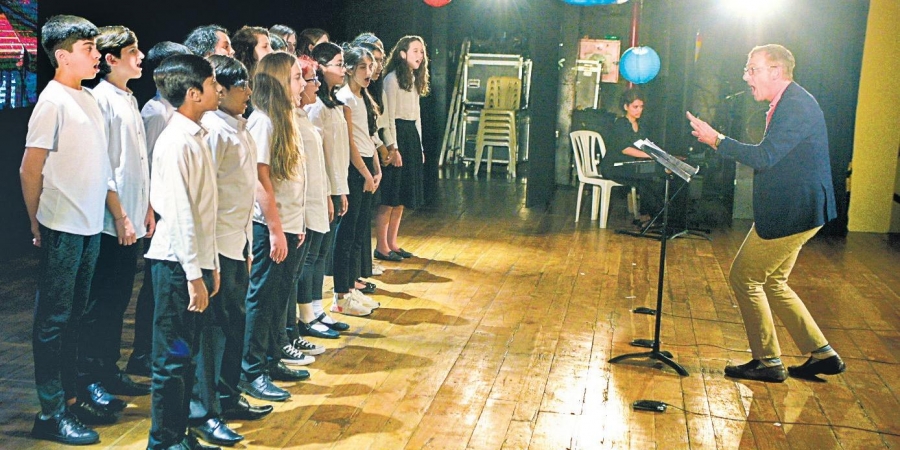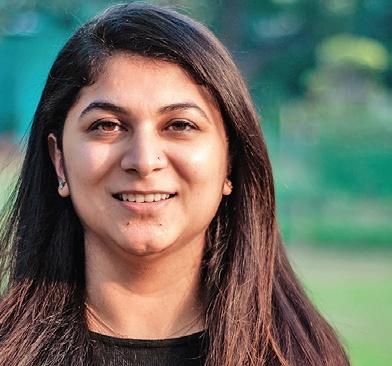Kids Education Revolution is offering children equal partnership in reimagining education

The largest national summit of Kids Education Revolution is being organised by Teach for India in the capital.
The aim remains simple, capture the truth and the future hope of the education system through the eyes of children. Kids Education Revolution (KER) is a part of the innovation cell of Teach for India run directly by its Founder and CEO Shaheen Mistri.
She feels that while talking about education, often one forgets to involve the main focused group, the children. “So, the basic idea of KER is to build a partnership with various sectors, making children key stakeholders, who unlike the rampant assumption of children having no ideas, will offer nuanced insights that need to be taken into account when we talk about reimagining education.
So, KER is a platform that provides children equal partnership with those who can influence the quality of education and help them look at the subject from the lens of children,” explains Aakanksha Gulati, City Director, Delhi, Teach for India.

Through the day, participants take part in Reimagining Sessions that will push their thinking and provide them with tangible takeaways and resources. These sessions include thought-provoking topics like Student Governance, Sports in Education and Schools by and for Children.
The platform will also give people a chance to listen to the 11th grade Nandini will talk about her ‘journey of Feminism’ and to Ridhima Pandey, the 11-yr-old climate activist from Uttarakhand, who was also one of the 16 young activists to file a lawsuit in the United Nations Convention on the Rights of the Child.
Talking about the children enrolled with Teach for India, Gulati offers an example from our very city. Isha Thakur, 15, a student from Delhi government school system was part of the KER system in the first year of its formation.
“Isha was really interested in the idea of community-led change, especially in the disadvantaged communities. She started community projects targeting issues like domestic violence and is even a part of the Design for Change project.
Two years ago, Teach for All started a Student Leader Advisory Council, and Isha is also a part of it, voicing her opinion alongside global voices,” shares Gulati, who emphasises that Isha comes from a migrant family who was born in Uttar Pradesh, but after her birth, the family moved to Gujarat, then Haryana, then Gurugram, and finally reached Delhi.
“Most of these kids come from disadvantaged backgrounds and migrant families. Many of these kids are first-generation learners, so we really want to foster leadership qualities and help bring change.”
Essentially, Teach for India is a leadership development programme for the country’s young population and simultaneously for the children they work with.
“Today, the state of education in our country is in a crisis and to solve it, we have to fix so many things – from the quality of teachers and their training to the curriculum and policies around it, extending to health and hygiene.
To ensure that every child is getting a quality education, all these puzzle pieces need to be in place. The larger idea with Teach for India has always been that the brightest people in the country should be working in the education sector.
The two-year programme that the organisation offers is a step towards making people start thinking about education to solve the current crisis,” adds Gulati, who holds a Double Bachelor’s degree in Mathematics and Economics from the Duke University. Till: February 9 At: The American Embassy School, Chanakyapuri
Young leaders
Tejas Chabbra, an 11th grader from Bengaluru, recognised the dependence of cities like Chennai and Bengaluru on rainfall for their water supply. In order to conserve water, he designed a DIY aerator, the production cost of which was as low as J6. These aerators can reduce the water flow by 40 per cent, hence reducing wastage.
Article Credit: newindianexpress
